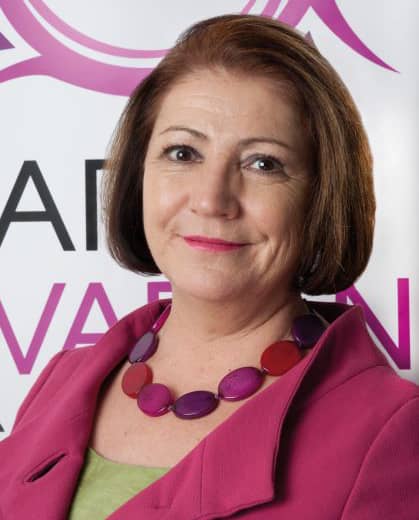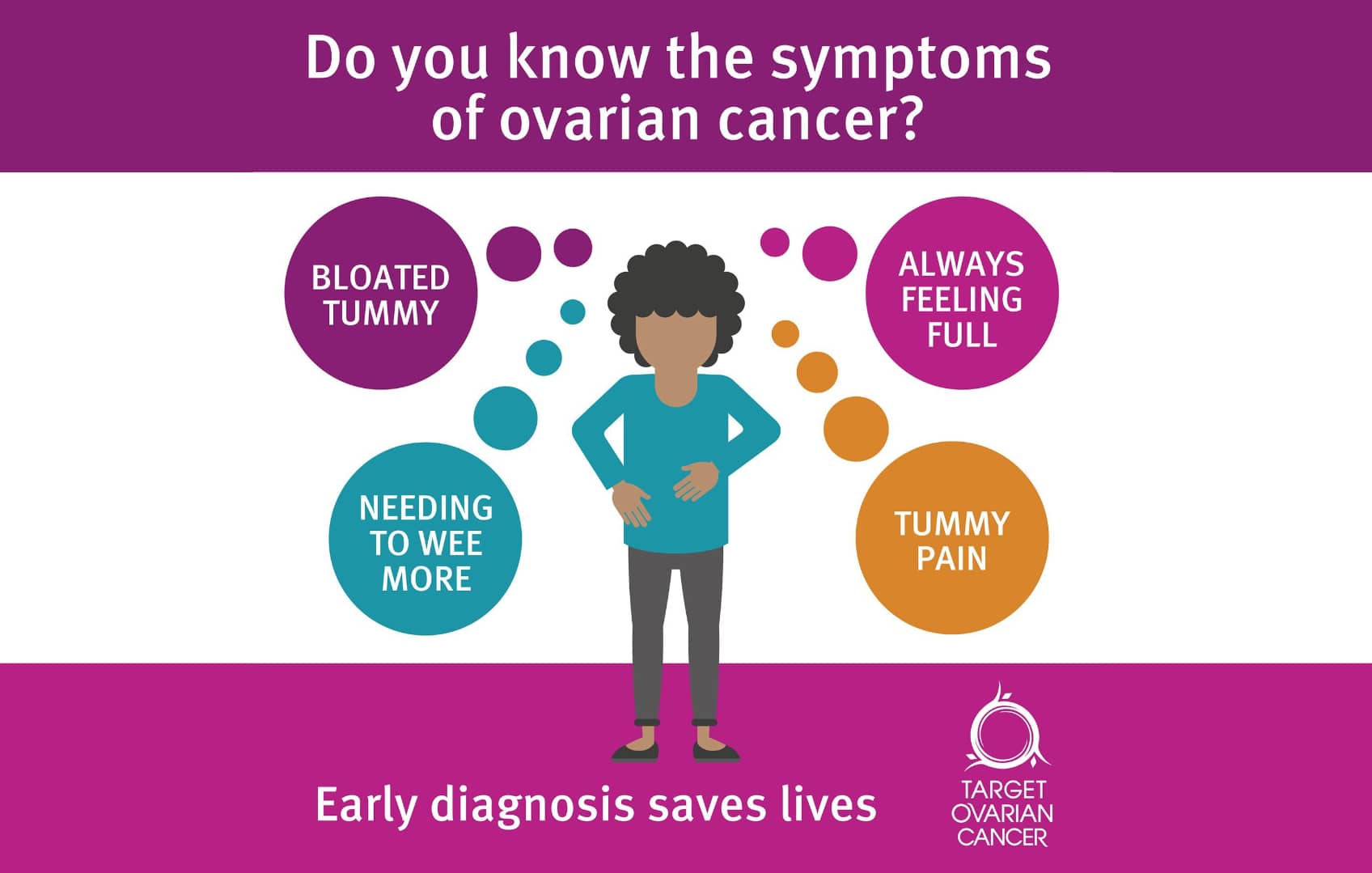Women are still being overlooked as the deadliest gynaecological cancer continues to devastate and claim lives, reveals leading ovarian cancer charity Target Ovarian Cancer.
In its latest state-of-the-nation report, women and GPs alike have expressed concern that progress in combatting ovarian cancer and the provision of support is not good enough.
Pathfinder 2022: Faster, further, and fairer
The report, Pathfinder 2022: Faster, further, and fairer concludes that progress is possible if urgent action is taken now. It reveals that if diagnosis was faster, further support was available and access to treatment was fairer, there could be potential for more women to survive, live well with ovarian cancer and be supported from diagnosis and throughout treatment.
Concerningly, it found:
- Just one in five (21 per cent) women know that bloating is one of the key symptoms of ovarian cancer
- Over a quarter of women make three or more visits to their GP before being referred for tests and nearly a third wait over three months from first visiting their GP for the correct diagnosis
- 14 per cent of women reported that they were not told their diagnosis in private
- 60 per cent of those with a diagnosis of ovarian cancer reported it had a negative impact on their mental health, but the research showed that 54 per cent of respondents hadn’t been asked by anyone involved in their treatment about the impact on their mental health
- Only 23 per cent of women surveyed reported that they were asked if they would like to join a clinical trial, despite 60 per cent reporting they would like to
An inherent lack of progress
The report, which surveyed GPs, women with a diagnosis of ovarian cancer, and women from the general public across the UK, shows that ultimately there remains an inherent lack of progress in diagnosis, awareness, treatment and support and that more needs to be done.
Target Ovarian Cancer is calling for a combination of national symptoms awareness campaigns and more training and support for GPs, which will lead to earlier diagnosis of ovarian cancer, access for all to treatment, widespread improvements in support, notably mental health support, as well as an urgent investment in the Clinical Nurse Specialist workforce.
Jones: We now need action taken to secure progress
Annwen Jones OBE (pictured right), Chief Executive of Target Ovarian Cancer, said,

“While there has been some improvement in recent years, our report clearly shows that we now need action taken to secure progress which is faster, further and fairer. We are hopeful that with the right targeted investment and backing from the government we can achieve this together, prolonging and saving lives.
“Since our last Pathfinder report in 2016, we have worked tirelessly to transform the lives of those living with ovarian cancer, despite the setbacks of the pandemic. We have achieved the first government-funded national symptoms awareness campaign and the first national ovarian cancer audit, and we have seen the introduction of groundbreaking new treatments like PARP inhibitors and wider genomic testing.
“Progress is possible, but Pathfinder demonstrates that these improvements are not enough. Ovarian cancer is not going away. We can change the course of this disease.”
Following its report, Target Ovarian Cancer is calling on the public to write to their MPs to bring about urgent action to raise the profile of ovarian cancer and the devastating impact it is having of people’s lives. Enough is enough.
Easton: 11 visits to the GP before I found out I had ovarian cancer
77 year old Mo Easton (pictured right), who waited over a year for the right diagnosis and is now living with her fourth recurrence, said,

“Seven years ago, I had symptoms of ovarian cancer but didn’t realise. I didn’t know at the time that the bloating, abdominal pain, feeling full and needing to wee more urgently were all signs. I had 11 visits to the GP before I found out I had ovarian cancer and it was advanced. Before this, due to chronic constipation, I was even told that I might have IBS – something very rarely diagnosed in the 50+. I later found out I did have ovarian cancer and it was advanced.
“I was diagnosed with high grade serous ovarian cancer stage III. The consultant said, ‘you have incurable ovarian cancer and you’ll be on palliative care until you die’. This is why it is really important to me that I speak to everyone about ovarian cancer and its symptoms. Ovarian cancer doesn’t feel known. Many of us aren’t aware of the symptoms. We need to get this knowledge out there and help people to understand the disease, as this might mean people receive an earlier diagnosis.”
Delayed diagnosis has significant impact on treatment options
In Mo’s experience, and many others, a delayed diagnosis can have a significant impact on treatment options and chances of survival. NHS England is committed to ensuring that three quarters of cancers are diagnosed at an early stage (stage I or II) by 2028.
This is vital for ovarian cancer in which just one third of women are diagnosed at an early stage.
Barber: We want better access and support for GPs
Dr Victoria Barber, GP at Parklands Surgery in Rushden and part of the Target Ovarian Cancer GP Advisory Board said, said,
“We want better access and support for GPs. No GP wants to miss a diagnosis of ovarian cancer or misdiagnose. They want to help their patient and provide them with the best care and solution possible.
“Target Ovarian Cancer is already leading the way with early intervention in GP practices across the country, but we need government backing to roll this out UK wide and support our GPs and empower them.”
To find out more about Target Ovarian Cancer or access its support line visit the Website.
News shared by Target Ovarian Cancer, in their own words. Ed





